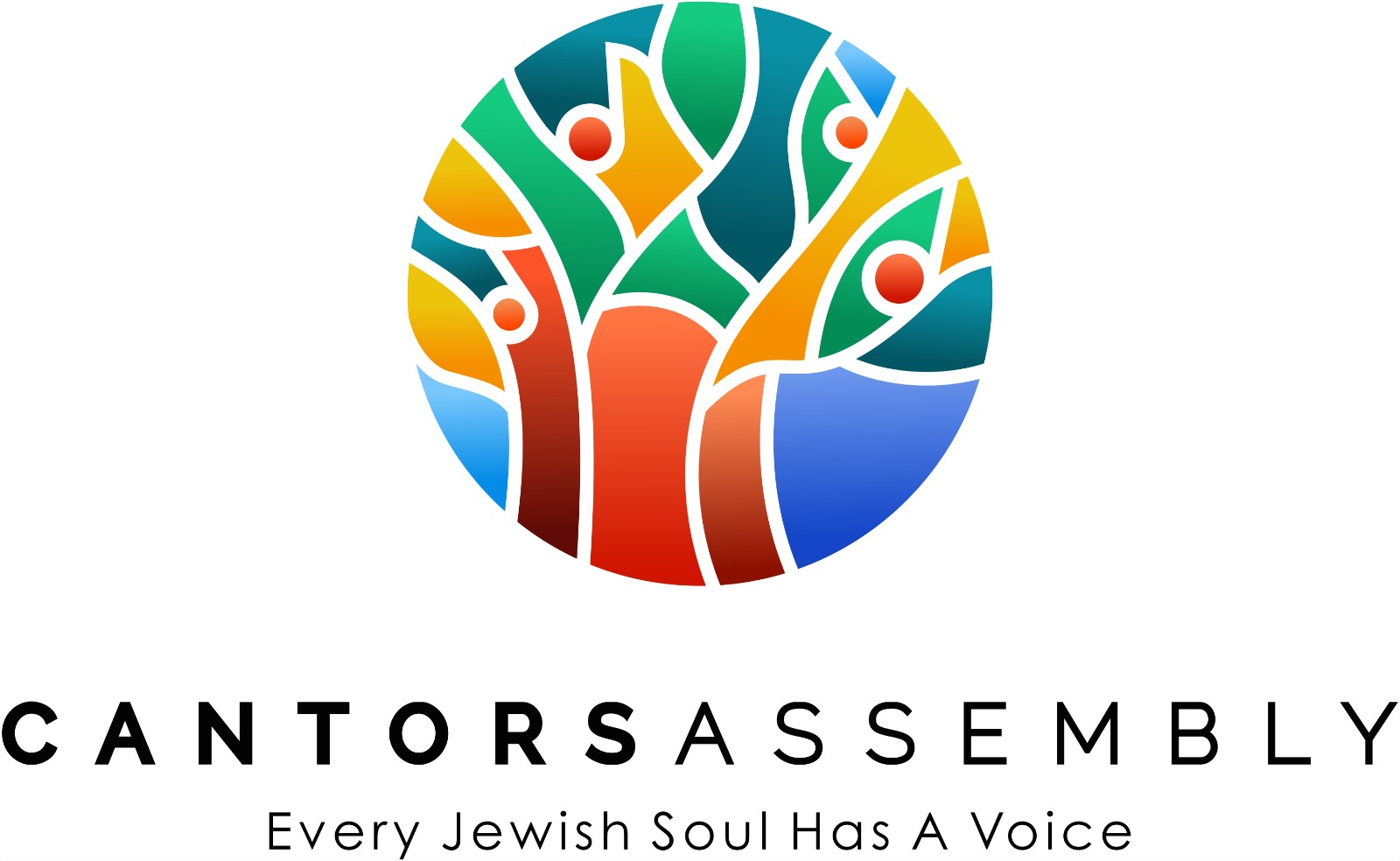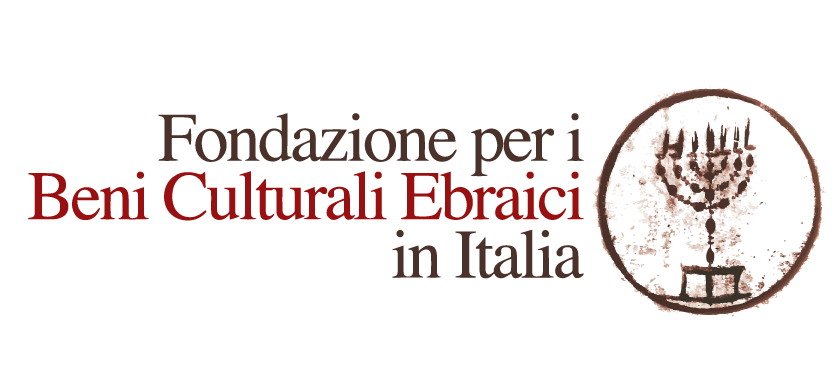JEWISH
ITALIAN
music
Jewish Italian music repertoires contain a dazzling wealth of material: the particular history of Jewish settlements in the Italian peninsula makes for the existence of a vast array of local ritualistic and musical traditions. Such local repertoires survive today in very diverse formats and different levels of preservation – spanning communities that have completely disappeared and whose music is to be found only in a few transcriptions and selection of individual tunes recorded in the ’50s and ’60s, to communities where the liturgical tradition is still very much alive, vibrant, and transmitted to the younger generation; to many instances in between these two standards. TheOnline Thesaurus of Jewish Italian Music is an online searchable database offering an organized access to recorded material, transcriptions and sheet music pertaining to the Jewish Italian repertories and to the various archives and resources available in Italy and worldwide.
STUDY
The history of the music of Italian Jews is a rich and complex one. Every Jewish community in Italy, be it large or small, maintained its own musical tradition up to the early 1900s.


ABOUT
The main aim of the Online Thesaurus of Jewish Italian Music (hereafter OTJIM) is to offer scholars, musicians, laymen, community members and anybody with an interest on Jewish music, a comprehensive online database of the music of Italian Jews. The Jewish Italian music repertoires are a heterogeneous and extremely diversified puzzle whose components have interacted with each other and with the surrounding non-Jewish milieus for centuries. Such repertoires are available today in an extremely fragmented form, reflecting also the inherent fragmentation of a memory that was present in a much more cohesive and consistent form only a century ago, and that has survived with difficulty the challenges of time, deurbanization of small centres, assimilation and secularization, and obviously the deep gash in the collective fabric caused by the Shoah. The OTJIM, including historical and modern recordings, the results of onsite ethnomusicological campaigns, as well as materials coming from community archives and private collections, manuscripts scores, and printed sources, will be an invaluable instrument for studying their interrelations, their differences and similarities, their connection with other repertoires, their evolution.
The OTJIM is a project of the “Centro Internazionale Leo Levi”, created through the vision and insight of rabbi Joseph Levi, son of Leo Levi z.l.; its ideation and framework owe a particular debt to the work, counsel inspiration and collaboration of prof. Edwin Seroussi and the work of the Jewish Music Research Centre in Jerusalem.
ABOUT
The main aim of the Online Thesaurus of Jewish Italian Music (hereafter OTJIM) is to offer scholars, musicians, laymen, community members and anybody with an interest on Jewish music, a comprehensive online database of the music of Italian Jews. The Jewish Italian music repertoires are a heterogeneous and extremely diversified puzzle whose components have interacted with each other and with the surrounding non-Jewish milieus for centuries. Such repertoires are available today in an extremely fragmented form, reflecting also the inherent fragmentation of a memory that was present in a much more cohesive and consistent form only a century ago, and that has survived with difficulty the challenges of time, deurbanization of small centres, assimilation and secularization, and obviously the deep gash in the collective fabric caused by the Shoah. The OTJIM, including historical and modern recordings, the results of onsite ethnomusicological campaigns, as well as materials coming from community archives and private collections, manuscripts scores, and printed sources, will be an invaluable instrument for studying their interrelations, their differences and similarities, their connection with other repertoires, their evolution.
The OTJIM is a project of the “Centro Internazionale Leo Levi”, created through the vision and insight of rabbi Joseph Levi, son of Leo Levi z.l.; its ideation and framework owe a particular debt to the work, counsel inspiration and collaboration of prof. Edwin Seroussi and the work of the Jewish Music Research Centre in Jerusalem.
ACCESS THE THESAURUS











